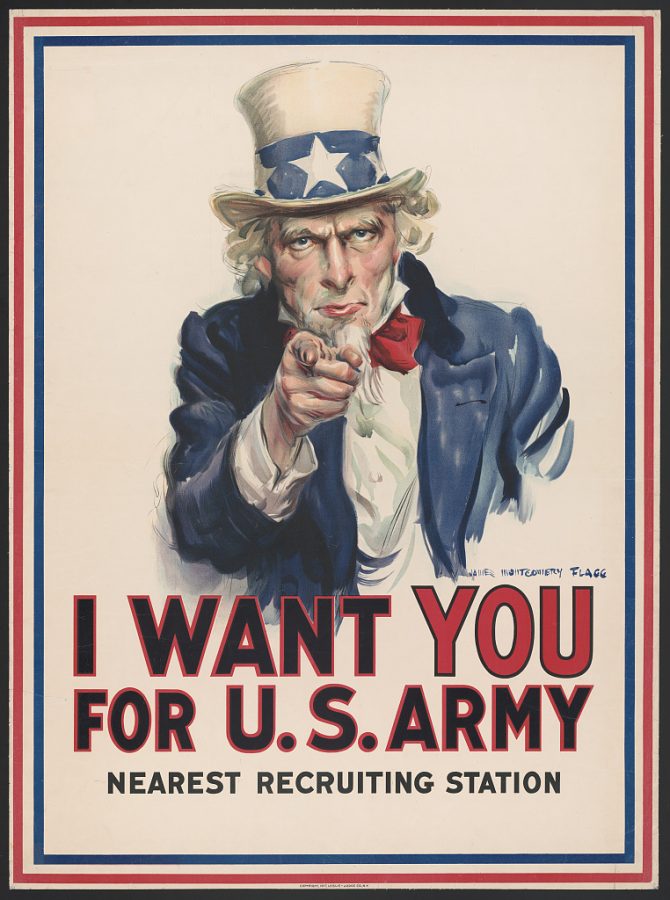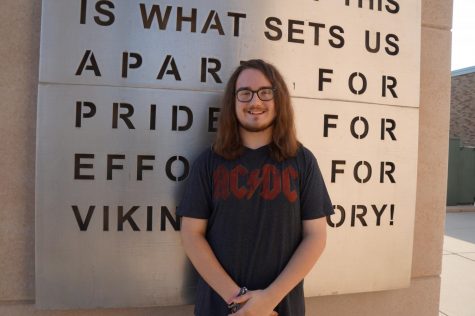The good, the bad, and the ugly about your mandatory Selective Service registration
Attention seniors! The United States Government wants you…but only if you are a male between the ages of 18 and 26. According to the Military Selective Service Act, all males, including Guilford High School male students turning 18 must register within 30 days of their birthday.
Here is the good news: If you forget to register, you can register online at www.sss.gov. You can also obtain a hard copy from or print an electronic copy of the Selective Service registration, SSS Form 1, at any U.S. Post office.
More good news: When you register with Selective Service, you are not enlisting in any branch of the military. Still more good news: If you forget to register, the Selective Service will accept a late registration up until you turn 26 years old.
The not-so-good news: Unlike other countries, such as Israel, only “male persons” must register; women are not required to register. Congress would have to amend the current law to authorize the registration of women.
Some bad news: You cannot pre-qualify to be deemed a conscientious objector to participating in a war on religious or moral grounds, you must still register. Only after being called for induction into military service, can you submit a claim as a conscientious objector.
More bad news: Although you can register until age 26, the penalty for not registering is five years in prison or a $250,000 fine or both.
The ugly news: If you are considering burning your draft card to protest the Selective Service, as some young men did during the Vietnam War, you will be committing a crime. According to the Draft Card Mutilation Act of 1965 (a law…really), you are required to carry your draft card at all times, destroying or mutilating your register card became an ipso facto criminal offense.
The uglier news: To preempt “venues of resistance” and to promote “the efficient operation of the Selective Service System,” Congress limited symbolic speech in the name of good government. In the United States v. O’Brien (1968), the U.S. Supreme Court led by Chief Justice Earl Warren, in a 7-1 decision, upheld the conviction of a young man who protested the Selective Service registration by burning his draft card as a constitutional exercise of freedom of speech.
The vile news: In its decision, the Court applied a four-part test for any speech to be considered as symbolic, protected by the First Amendment. However, this decision also became a precedent used as part of the basis for the Patriot Act, which enables the U.S. Government to enact such measures and to restrict First Amendment freedom of speech and any other rights guaranteed under the U.S. Constitution, if it is within “important governmental interest.”
Oh, and thefine print: Illinois male residents must register for the Selective Service to remain eligible for student loans applied through the state.



